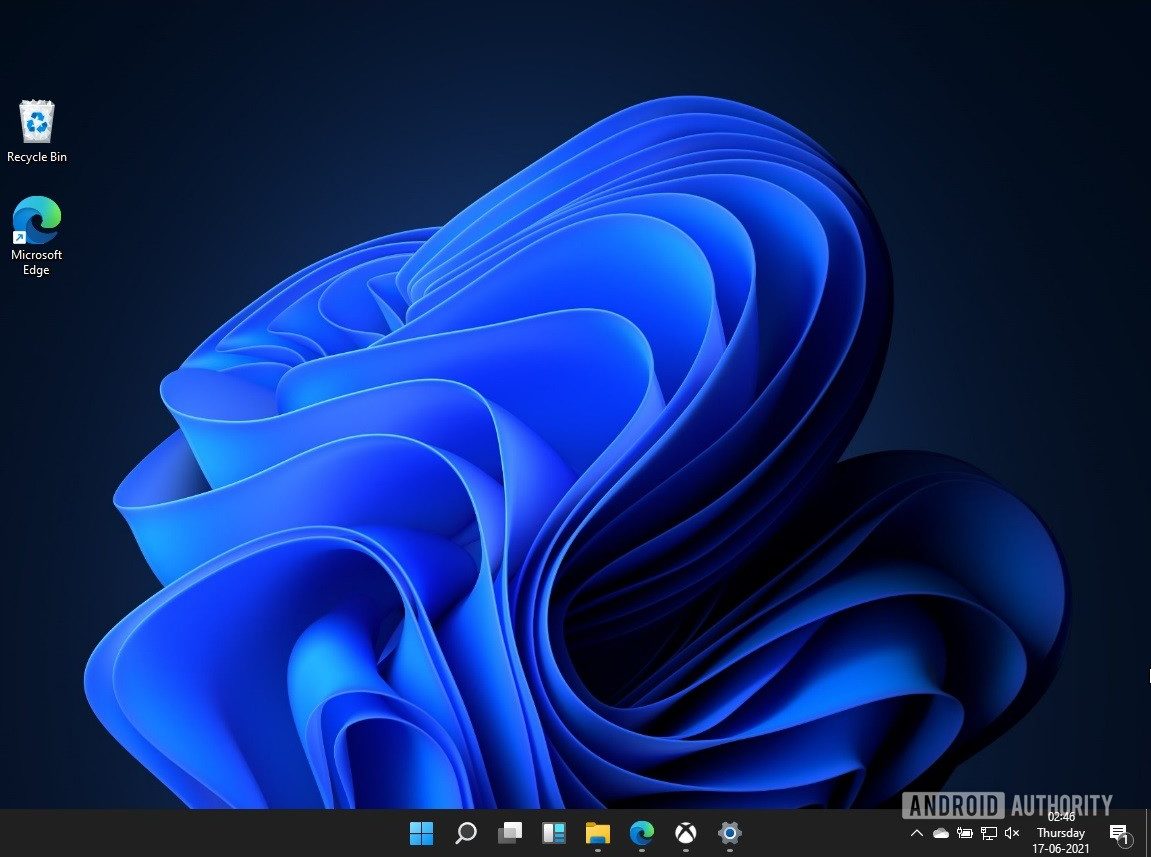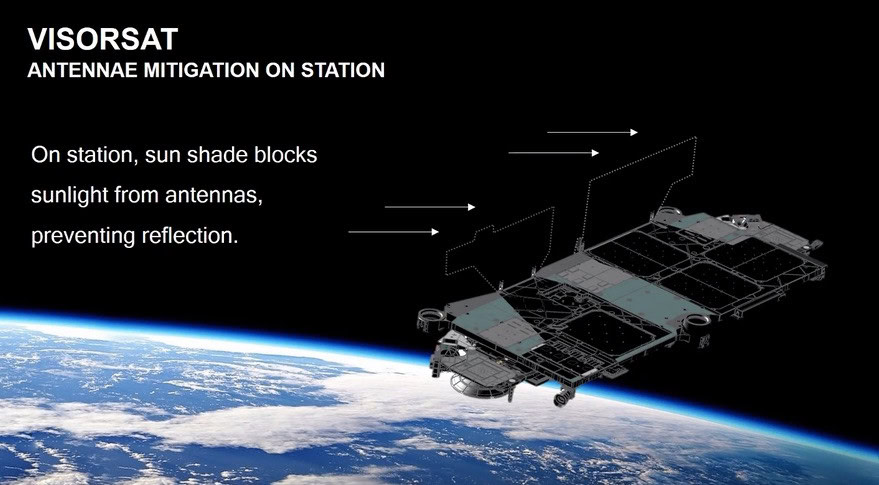Affiliate links on Android Authority may earn us a commission. Learn more.

Microsoft has officially announced October 5, 2021 as the release date for Windows 11. The refresh has plenty going for it, but there are some weird, confusing elements too.
In short:
- Windows 11 will be a free upgrade, available for all eligible Windows 10 PCs.
- It’ll roll out across October and beyond, in a staged process: “We expect all eligible devices to be offered the free upgrade to Windows 11 by mid-2022.”
- Not all features are launching on October 5.
- Microsoft is still supporting Windows 10 until October 14, 2025, and probably longer based on previous history.
Is Windows 11 ready?
- Windows 11 is set to improve the general experience, with a new design, Snap Layouts, an updated Start menu, Microsoft Teams integration, Desktops for improved multitasking, and a new and improved Microsoft Store app.
- What’s a little bit unexpected is that Microsoft won’t launch Windows 11 with Android app support, one of the biggest changes and additions to the platform.
- All we know on that point is that Microsoft will commence testing Android apps with Windows Insiders on Windows 11 in the coming months, in its unusual partnership with Amazon’s app store.
- Better than half-baked support, at least, and it may retain some lingering interest in the Windows 11 rollout?
- Also: The system requirements for Windows 11 still are a little hard to figure out, even after last week’s clarification from Microsoft that its minimum system requirements for Windows 11 would include much older systems.
- The Verge writes, Microsoft “also revealed a workaround for those who don’t meet them. You can install Windows 11 on any hardware using an ISO method, as long as the PC has a 64-bit 1GHz processor with two or more cores, 4GB of RAM, 64GB of storage, and a TPM 1.2 chip. But if you use the workaround, your PC will be in an unsupported state. This means an unsupported Windows 11 PC might not get access to Windows Update, and even security patches.”
- The idea that Microsoft will let people “upgrade” to an operating system without further updates/security patches makes no sense, so expect that situation to be clarified somehow.
- In any case, wherever there’s confusion like this we see a splintering of uptake for the new edition, which is never the ideal scenario.
📱 Samsung’s refreshed Galaxy A52 5G has landed in India for under $500 (Android Authority).
👉 New Xiaomi 11T series render leaks: Triple rear cameras, colorways on show. Xiaomi has a launch event set for September 15, though nothing’s been officially announced for that show yet (Android Authority).
📅 Fresh leak gives out Pixel 6 pre-order and release dates: mid-October? (Android Authority).
🎧 Announced: The Bose QuietComfort 45 are finally out, and upgrade the QC 35 II headphones with some modest sounding upgrades including better noise-cancelling and microphones, USB-C charging, and longer battery life, and the best feature of all, a lower launch price of $329 (Android Authority).
🎧 Also, Jabra has announced new Elite 7 series as well as very cheap Elite 3 earbuds (Android Authority).
👍 A no-brainer decision: Strava’s Beacon safety app feature is now free, not part of a paid membership on smartphones (Android Authority).
🍎 A small Apple problem is that the Mac App Store just isn’t compelling, which makes sense and might tell you what will happen if the iPhone opened up beyond the App Store? Or are we too accustomed to stores on phones? (9to5Mac).
💡 Philips Hue adds a whole bunch of new lights, including a ‘light tube’ (The Verge).
💻 Dell Latitude 7320 Detachable: “This Surface wannabe is a great detachable laptop, but it’ll cost you” (Wired).
🔋 GM throws LG under the bus as Chevy Bolt production pauses amid recall (Ars Technica).
😬 Oof, this Far Cry 6 hands-on preview does not read well: “The issues didn’t end with game-breaking bugs and wonky AI, which may very well be resolved on, erm, October 7. At this point, I’m more concerned about uninspiring new loadout systems, a narrative tone that can’t make up its mind, and an absolute yawn of a return to the Ubisoft open-world bloat of old.” Giant games that are finished and good really are a miracle (Ars Technica).
🔊 Amazon’s new ‘adaptive volume’ will make Alexa speak louder when it’s noisy (The Verge).
🎙️ Amazon is quietly building a live audio business like Clubhouse (Axios).
🤳 Twitch streamers are taking a day off to protest hate raids (Engadget).
😌 RIP LinkedIn Stories, 2020-2021 (Gizmodo).
🐛 “If you could train any animal in the world to be your pet and protector, what would it be and why?” (I’d politely ask The Rock but he eats too much — 10lbs. of food per day apparently) (r/askreddit).
The old out-of-office automated reply really is the wild west, where beige professional existence melds with personal messaging. Do you give a reason you’re away? Do you mention how long you’re away for? Do you redirect the emailer to a colleague, which may lead to information slippage? And what about when you leave, or when someone is fired?
Also, cross-cultural examples like this I’ve 100% seen:

In a series published on Slate, Alison Green, who deals with workplace questions on her website Ask a Manager, has a bunch of fun examples. I’ve picked out a couple from loads of vaguely passive-aggressive examples:
- “I once worked with a guy whose out of office reply stated that he was out at an interview, and whether or not he returned depended on how the interview went. He returned, so I guess it didn’t go THAT well.”
- “After I told her to put an out-of-office message up, a recent grad I supervised once put up a message that simply said ‘I am not here.’ I learned to be pretty specific with instructions with her after that.”
Speaking of, I will not be here tomorrow, but back Friday. Nick Fernandez has you covered!
Tristan Rayner, Senior Editor

